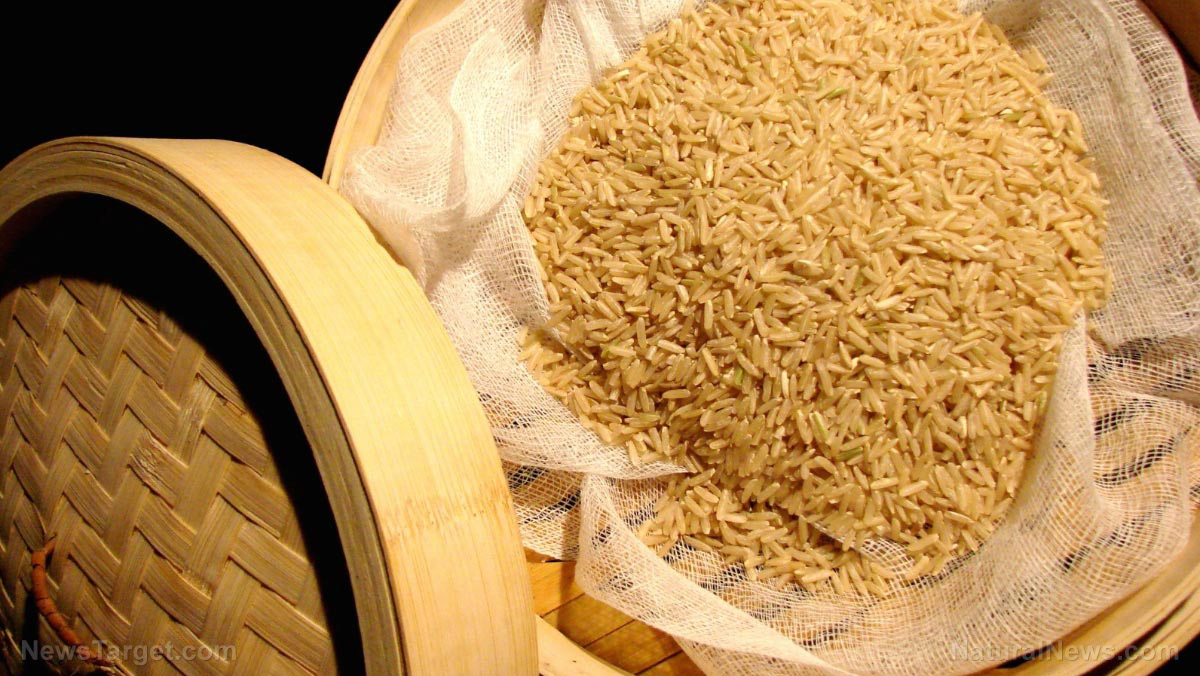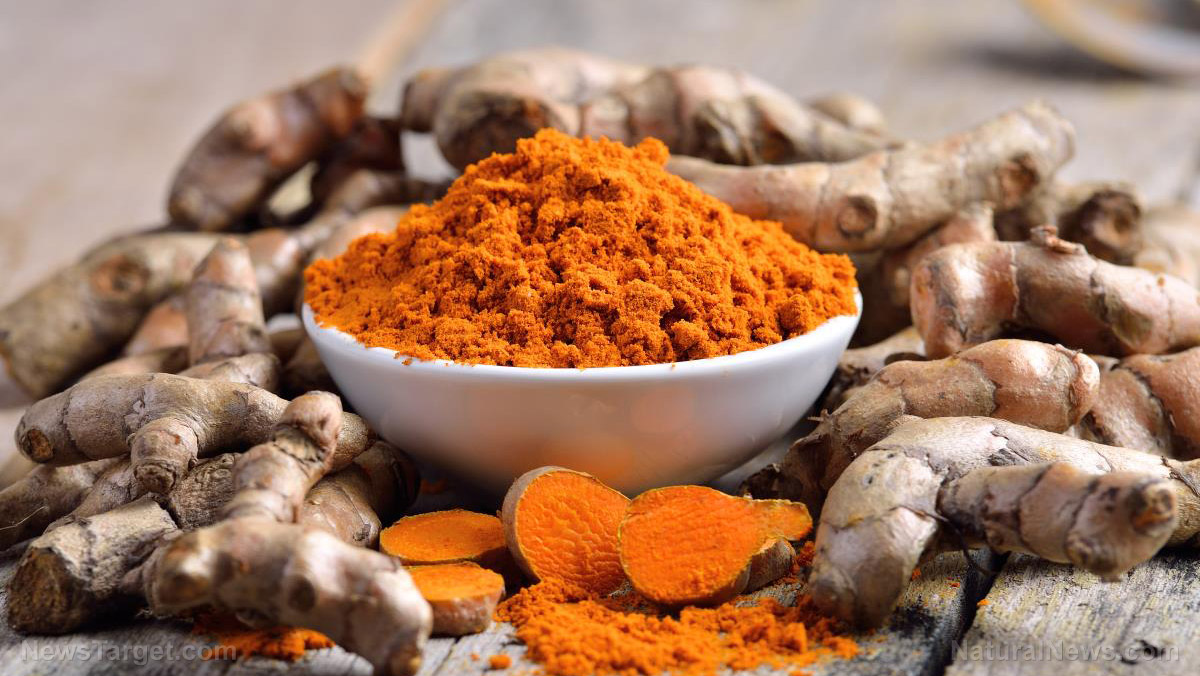Study: Coffee drinkers have higher levels of anti-inflammatory gut bacteria
10/11/2021 / By Virgilio Marin

Coffee is an excellent drink that does more than just energize your body — it helps keep your arteries healthy, staves off obesity and protects the brain from age-related damage, among other things. Recent studies also suggest that coffee can boost gut health. One study, in particular, linked high coffee consumption to higher levels of anti-inflammatory gut bacteria and improved composition of the gut microbiome.
Coffee improves composition of the gut microbiome
Researchers led by Dr. Shawn Gurwara of the Baylor College of Medicine investigated whether caffeine is responsible for coffee’s health benefits. They noted that past research showed coffee has a beneficial effect against metabolic diseases like Type 2 diabetes and cardiovascular disease. However, how exactly coffee yields this benefit remained somewhat of a mystery.
Gurwara and his team looked at the link between caffeine consumption and the composition and structure of the “colonic-gut microbiota.” They recruited 34 healthy male participants and had them answer a food frequency questionnaire to evaluate their daily coffee intake. The researchers categorized coffee intake as either high consumption if the participants drank coffee with at least 82.9 milligrams of caffeine per day, or low consumption if it contains less than that amount of caffeine.
The team collected 97 samples from various segments of the participants’ colons and extracted microbial DNA. After performing 16s rRNA sequencing analysis, the researchers found that high coffee consumers had higher levels of the anti-inflammatory bacteria Faecalibacterium and Roseburia and low levels of Erysipelatoclostridium – a potentially harmful genus of bacteria.
For instance, previous studies linked Erysipelatoclostridium ramosum to metabolic syndrome and the “upregulation of small intestinal glucose and fat transporters,” which enhances diet-induced obesity. (Related: Coffee and heart health: Study finds that excessive coffee drinking has no negative effect on the heart.)
“Higher caffeine consumption was associated with increased richness and evenness of the mucosa-associated gut microbiota, and higher relative abundance of anti-inflammatory bacteria, such as Faecalibacterium and Roseburia,” wrote the researchers. They added that the associations were consistent regardless of the participant’s age and quality of diet.
The researchers also found that high coffee consumers had higher levels of other bacteria that commonly populate the gut microbiome. These included Odoribacter, Dialister, Alistipes, Fusicatenibactor, Blautia and various strains of Lachnospiraceae. The researchers recommended further research that will examine what these bacteria do in the body.
The findings of the study were presented at the American College of Gastroenterology’s 2019 Annual Scientific Meeting, which was held in Texas.
More studies link coffee to better gut health
In a 2019 study, researchers found that coffee can alter the gut microbiome and increase gut muscle motility, boosting bowel movement. The researchers exposed fecal matter to coffee to see its effect on bacteria. They found that microbial growth was suppressed with a solution of 1.5 percent coffee and became even lower with a three percent coffee solution. Decaffeinated coffee had a similar effect on the gut microbiome, the researchers noted.
In another experiment, the team gave mice varying concentrations of coffee for three days and checked for changes in their fecal composition and intestinal and colon smooth muscles.
The researchers found that the overall bacteria counts in the mice’s feces were decreased and the muscles in their lower intestines and colons had an increased ability to contract. They also found that coffee stimulated contractions of the small intestine and colon when muscle tissues were directly exposed to coffee.
The team recommended further research that will confirm whether coffee-induced changes in the gut microbiome are beneficial and whether coffee drinking might be an effective treatment for postoperative constipation.
Sources include:
Submit a correction >>
Tagged Under:
anti-inflammatory food, coffee, digestion, food is medicine, functional food, gut health, gut microbiota, heart health, metabolic syndrome, research, Type 2 Diabetes
This article may contain statements that reflect the opinion of the author
RECENT NEWS & ARTICLES
COPYRIGHT © 2017 NATURAL HEALTH NEWS





















